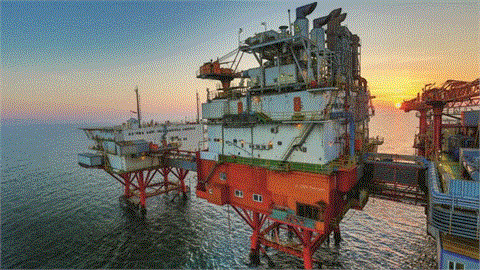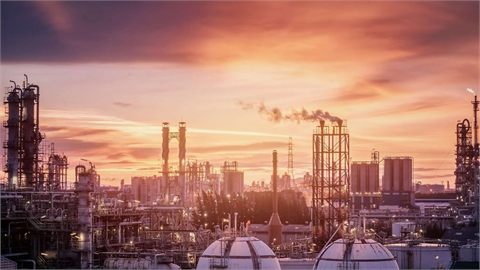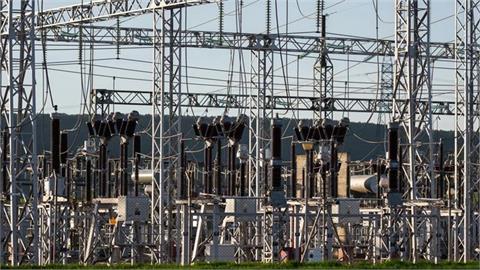Turkey will take concrete steps to utilize its geopolitical position near oil and gas rich countries in the Middle East, Caspian and Central Asia to become an energy trading hub, Turkey's Energy Minister Berat Albayrak said on Tuesday.
Turkey's geopolitical position has a crucial role to play in projects to diversify energy resources and transportation routes and fill the gap in the inactive energy market in southeastern Europe, Albayrak said at the Turkish Grand National Assembly (Parliament) Plan and Budget Commission.
"We aim to establish a natural gas trading center in Turkey. In line with this aim, projects like TANAP and the TurkStream [natural gas pipelines] will contribute to this objective. We have also accelerated work towards launching the Liquefied Natural Gas (LNG) storage and Floating Storage Regasification (FSRU) units which will be established in Turkey for the first time."
The TANAP project aims to bring natural gas, produced from Azerbaijan's Shah Deniz-2 gas field and other areas of the Caspian Sea, primarily to Turkey, but also on to Europe via the Trans-Adriatic Pipeline (TAP). The project is planned to be operational in 2018 with an initial capacity to carry 16 billion cubic meters (bcm) of Azeri gas through Georgia to Turkey. On the other hand, the TurkStream will carry gas from Russia under the Black Sea to Turkey's Thrace region and potentially to Europe through a second line.
Albayrak noted that the government is currently working to develop an energy strategy to consider greater competition, more transparency, better protection for consumers and environmental sustainability.
"Reducing the cost of security of supply in electricity and natural gas forms the basis of Turkey's energy strategy along with the transfer of advanced technology. We introduced a new investment model, especially in the renewable energy sector, which prioritizes the transfer of technology, research and development investments and domestic production," he explained.
Presenting the energy ministry's 2017 budget, Albayrak stated that works for the two FSRU projects, with 20 million cubic meters of capacity in the Gulf of Iskenderun, in the eastern Mediterranean Sea, on the southern coast of Turkey and the Gulf of Saros, off the Gallipoli Peninsula in northwestern Turkey, will continue in 2017 while construction of the projects is planned for completion in 2019.
Albayrak noted that they are planning to complete the first phase of the natural gas storage facility of the Tuz Golu (Salt Lake) in January 2017 and the second phase in 2019.
"We are also planning to start a third phase of expansion working for the North Marmara Natural Gas Storage facility in 2017," he added.
"In the last 14 years, $9.3 billion of investment was made on national oil and gas research and production activities. Between 2017 and 2019, $867 million of domestic investment and $4.31 billion of international investment is planned in the oil and gas sectors. We are also projecting to open a sea well in the Western Black Sea in 2018," he noted.
Albayrak also hailed Turkey's renewable energy projects which accounts for 32.2 percent of electricity generation.
According to the ministry's 2015-2019 Strategic Plan, 32,000 megawatts of production capacity in hydro power is targeted, 10,000 megawatts is aimed for wind, 1,000 megawatts in geothermal, 3,000 megawatts from solar and 700 megawatts from biomass.
"In the last 10 years, 52 percent of investments in electricity production facilities were made in renewable energy," he concluded.
Turkey aims to consolidate its position centered among energy-rich countries, reduce its energy import dependence and increase reliance on domestic resources.
Turkey's energy imports in the January-September period of 2016 totaled $19.5 billion, according to the Turkish Statistical Institute (Turkstat). Last year, with low oil prices, Turkey’s energy import bill totaled $38 billion compared to $55 billion in 2014.
(Anadolu Agency)



